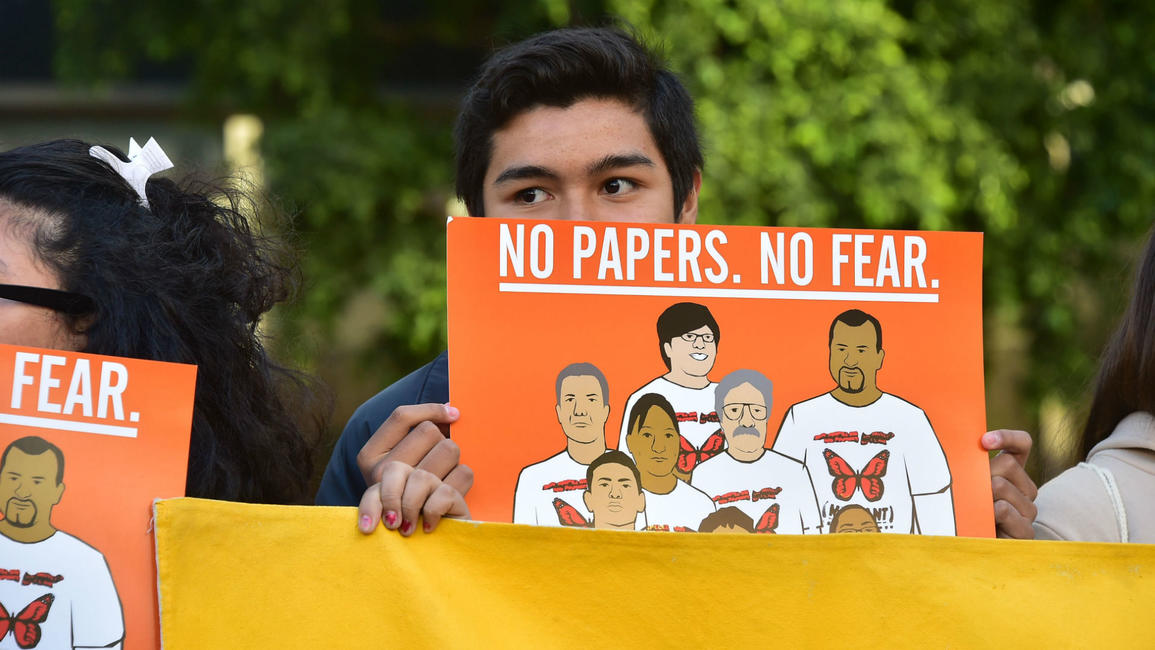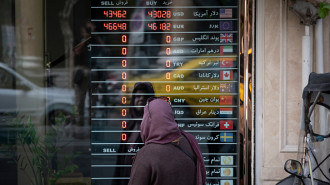ACLU issues Texas 'travel alert' over discriminatory immigration checks
The American Civil Liberties Union on Tuesday issued a "travel alert" warning visitors to the US state of Texas that their constitutional rights may be violated there by law enforcement officers.
The warning follows the approval of a law, known as 'SB4', that gives police officers the freedom to investigate an individual's immigration status during routine traffic stops. The ACLU says this could lead to widespread racial profiling of people presumed to be foreign.
"The ACLU's goal is to protect all Texans and all people traveling through Texas — regardless of their immigration status — from illegal harassment by law enforcement,” said Lorella Praeli, ACLU director of immigration policy and campaigns. "Texas is a state with deep Mexican roots and home to immigrants from all walks of life. Many of us fit the racial profile that the police in Texas will use to enforce Trump’s draconian deportation force."
The new legislation, which comes into effect in September, also requires Texas law enforcement comply with detainer requests - the use of which ACLU has described as "constitutionally flawed".
Detain requests ask law enforcement to hold individuals for US Immigration and Customs Enforcement (ICE), despite them lacking the legal ability to do so.
Between 2008 and 2012, detain requests were made by ICE for 834 US citizens.
"We plan to fight this racist and wrongheaded law in the courts and in the streets. Until we defeat it, everyone traveling in or to Texas needs to be aware of what’s in store for them," said Terri Burke, executive director of the ACLU of Texas.
"The Lone Star State will become a 'show me your papers' state, where every interaction with law enforcement can become a citizenship interrogation and potentially an illegal arrest."



